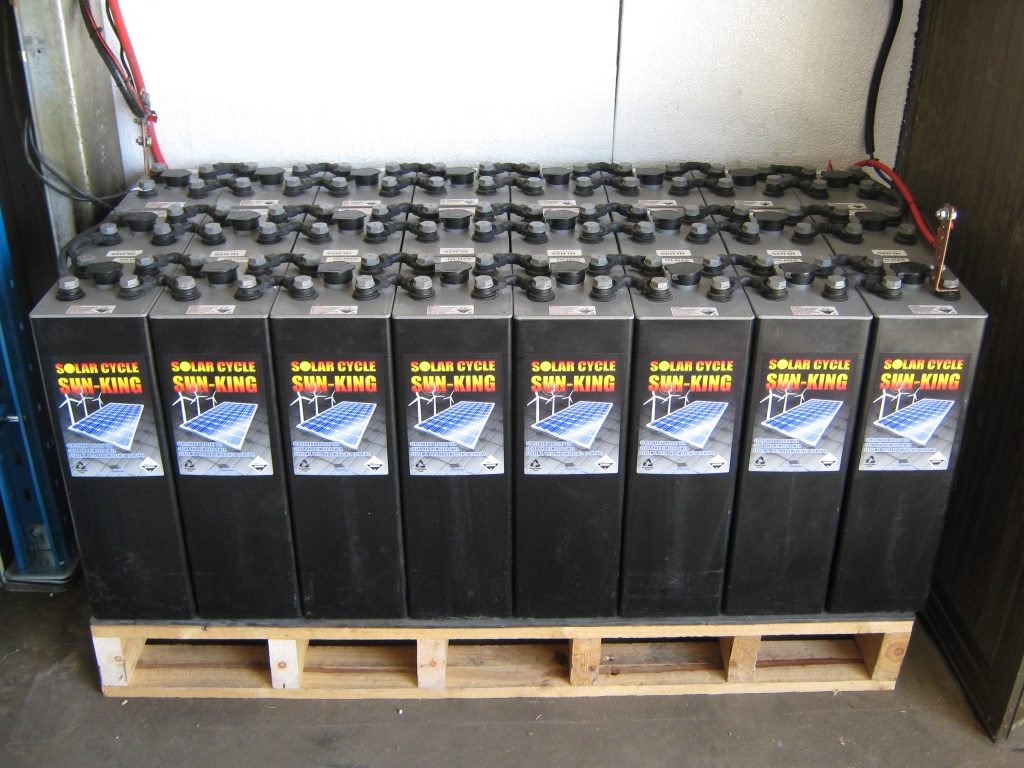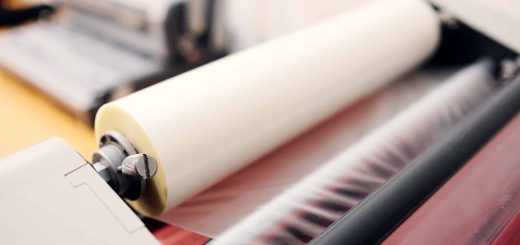Gain Some In-depth Knowledge about Deep cycle Batteries
The purpose of every type of battery is to hold an electrical charge until it needs to be released in order to power any kind of machine or device connected to it. Out of all of these, the lead-acid variety is most commonly used for powering cars and other vehicles that run on starter motors. These types of rechargeable batteries are known to have cells which posses a relatively large power to weight ratio, which is often more than enough to power any standard vehicle. Out of all of the lead-acid batteries, the deep cycle models have the ability to do a few things the others can’t.

The 12V deep cycle battery was designed to be able to discharge most of its capacity at regular intervals and for prolonged periods of time. This is in contrast with the regular way in which most other batteries work, namely to deliver very powerful, but very short currents that are just strong enough to get the functions of the engine started, and the alternator takes over after that. This allows them to maintain most of their energy reserves and only use about about a fifth of them at any one time. The 12V deep cycle battery on the other hand are purpose built to discharge somewhere between half and three quarters of their full energy reserves at any time. This makes them not only better than standard automotive batteries for certain tasks, but in fact ideal.
While they have far less instant energy, their ability to provide a steady long-term current, along with their thicker plates makes them perfect for repeated discharge, which would very quickly kill a normal car battery. Deep cycle batteries are most commonly found in recreational vehicles, boats and even golf carts. However, their most applied use would probably be as a renewable-energy storage catalyst. While lead-acid batteries have been used in tandem with solar and other natural power sources for years, it seems that the specific characteristics of the deep cycle battery make it better than most for taking on this role. As a side-note, the deep cycle batteries, like most other kinds of lead-acid batteries are all almost completely recyclable, with the only exception being the paper separators on the plates.
There are however a few things that you need to keep in mind when it comes to maintaining the deep cycle batteries, as well as a few requirements that need to be fulfilled. Namely, they should not be used next to electrical equipment or flammable materials and regular maintenance is not only recommended, but required. Otherwise, all you need to do is handle them with the same amount of caution and care that you would a regular battery.










